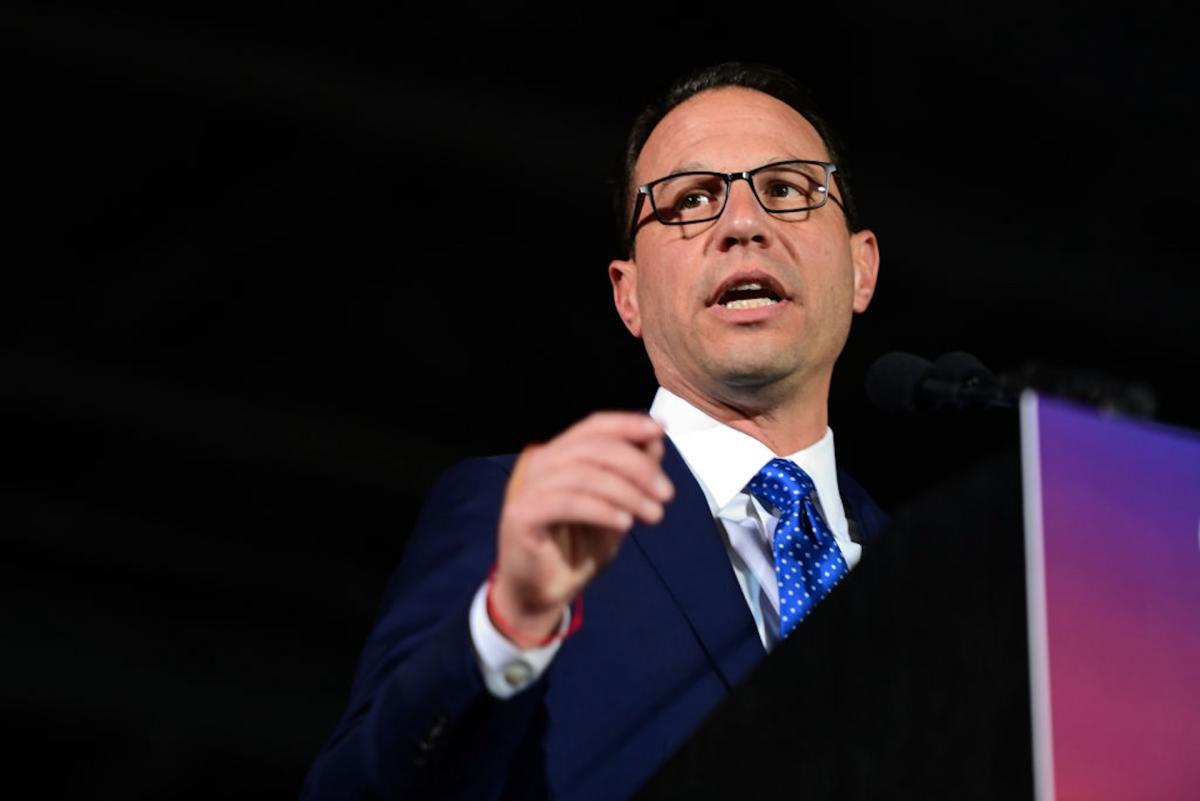
The governor of Pennsylvania recently passed a controversial law that could have devastating impacts on the environment and surrounding local communities. According to an article published in Environmental Health News, Governor Josh Shapiro approved a new law that provides legal grounds for carbon pollution from dirty energy to be stored underground.
What’s happening?
Governor Shapiro signed a carbon storage bill into law, positioning the state to be a hydrogen hub. The new law allows for carbon from non-renewable energy sources to be injected into the ground for storage indefinitely.
Since carbon storage technology does remove carbon from the atmosphere — helping to combat planet-warming pollutants — some environmental groups supported the bill. However, 45 environmental advocacy groups opposed the bill, arguing the potential health concerns associated with carbon capture technology.
“Governor Shapiro should be ashamed of signing a bill that threatens the public and our environment with the dangers of carbon capture and storage, all for the benefit of special interests, namely the fracking industry,” deputy director of the Delaware Riverkeeper Network Tracy Carluccio told Environmental Health News.
Activists view the bill as a ploy to allow for two proposed, federally funded hydrogen hubs in Pennsylvania.
Environmental groups who opposed the bill were also skeptical about how it moved through the legislative process, as the bill was never sent to the House Environmental Resources and Energy Committee for review.
Watch now: Climate expert explains why there’s ‘no question’ human activity causes global temperature changes
Why is the new carbon storage bill important?
Carbon capture and storage processes are in the early stages of research and development. As a result, scientists are still trying to determine whether carbon storage technology is actually a safe climate solution, according to reports by Environmental Health News. The potential long-term health risks associated with carbon storage for both the planet and residents still remain unclear.
The new bill also poses a significant environmental risk, as the long-term impacts of injecting carbon pollution into the ground are still unclear.
What’s being done about the new bill?
Environmental groups are continuing to voice their opposition, putting pressure on the state government. Activists hope that by highlighting the health and environmental risks of the new bill, they can spread climate awareness and encourage more sustainable policies moving forward.
Join our free newsletter for good news and useful tips, and don’t miss this cool list of easy ways to help yourself while helping the planet.
EMEA Tribune is not involved in this news article, it is taken from our partners and or from the News Agencies. Copyright and Credit go to the News Agencies, email news@emeatribune.com Follow our WhatsApp verified Channel





